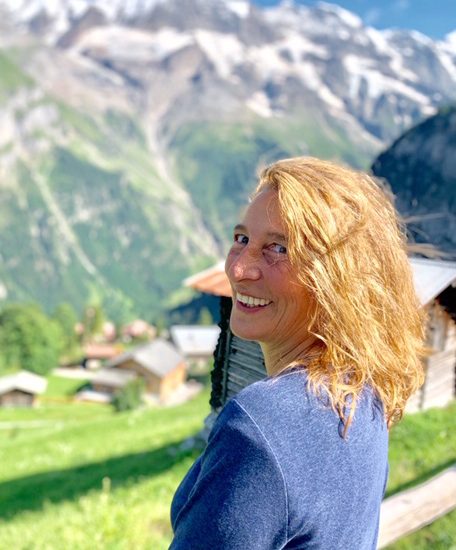Unfolding Conflict
Unfolding Conflict November 23 – 27, 2002 With Jackie McInley Zoom Online This workshop facilitated by Jackie McInley from the UK was designed as five two-hour sessions intended to encourage a deep exploration of conflict as it shows up in our daily lives. The sessions were usually attended by fourteen participants, with occasional absences from one or two. Recordings were provided for those who were unable to attend all the sessions. Some participants also took the opportunity to watch sessions a second time, and this was reported to be a valuable activity. Jackie introduced the first meeting with some pointed questions and ideas looking at our orientation towards the examination of conflict. Would we call it a difficult endeavour? Would we call it a “serious” activity? A number of descriptive words were offered, such as “challenging”, “weighty”, “consequential”, and “universally relevant”. Jackie said that conflict is always potentially present. We are all in the same boat, all conditioned, and the source of conflict is in each one of us. Krishnamurti said that to look at conflict in ourselves is “arduous” and we must ultimately see it for ourselves. Is thought the best tool for examining conflict or is there an observation beyond thought? How is time involved? Can we look as if we have never looked before? Can we listen to each other that way? Can we explore without the memory of what we already know, without assumptions? When we use the word “I” in our conversations, what is it exactly that we are referring to? What does it mean to be an individual? The subject of belief or conviction was introduced. Why does human consciousness keep going back to thought and its convictions? This led to a fairly complex discussion with a great deal of input from the participants. Does our investigation rely on thought, and what are the implications of that? It was agreed that the issues around conflict and observation must be unfolded slowly and more fully. Some “homework” was given with readings from Krishnamurti’s contemplations on conflict to be studied if we so chose. Each session began with a short period of silence, often followed by a concise review by Jackie of the previous day’s questions and inquiries. There then followed a group dialogue which attempted to look very deeply into important questions about conflict. Jackie regularly asked if we were looking freshly or looking from past knowledge or “the known”. Did our investigations produce a kind of tension and, if so, what was its cause, was it “dangerous” in terms of our relationships with each other, and could tension be of value as something to be explored? What place, it was asked, does “emptiness” or “nothingness” have in our self-observation? These topics stimulated quite a rich variety of insights and comments. It was suggested that friendliness towards the unconscious aspects of mind is necessary for any deep listening and exploration. The energy of the group seemed to be generally friendly and conducive to penetrating and effective self-examination. The sessions always went on longer than planned and continuously challenged us all to keep going beyond the verbal level of investigation and to see clearly whatever is preventing us from doing so. The result was experienced in the writer’s case as a process of clarification and deepening of the sense of Being and Presence. Participants expressed gratitude for the experience.


